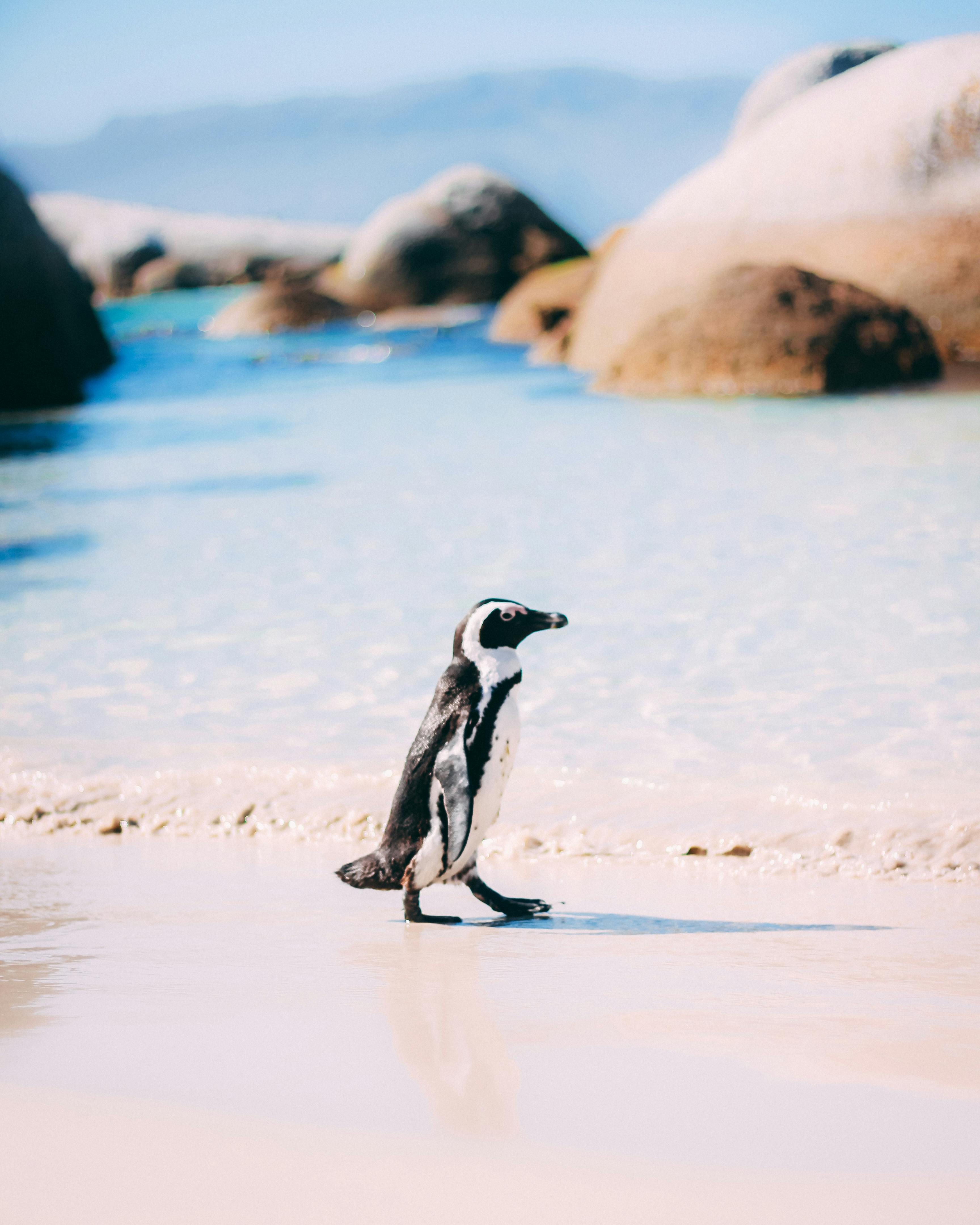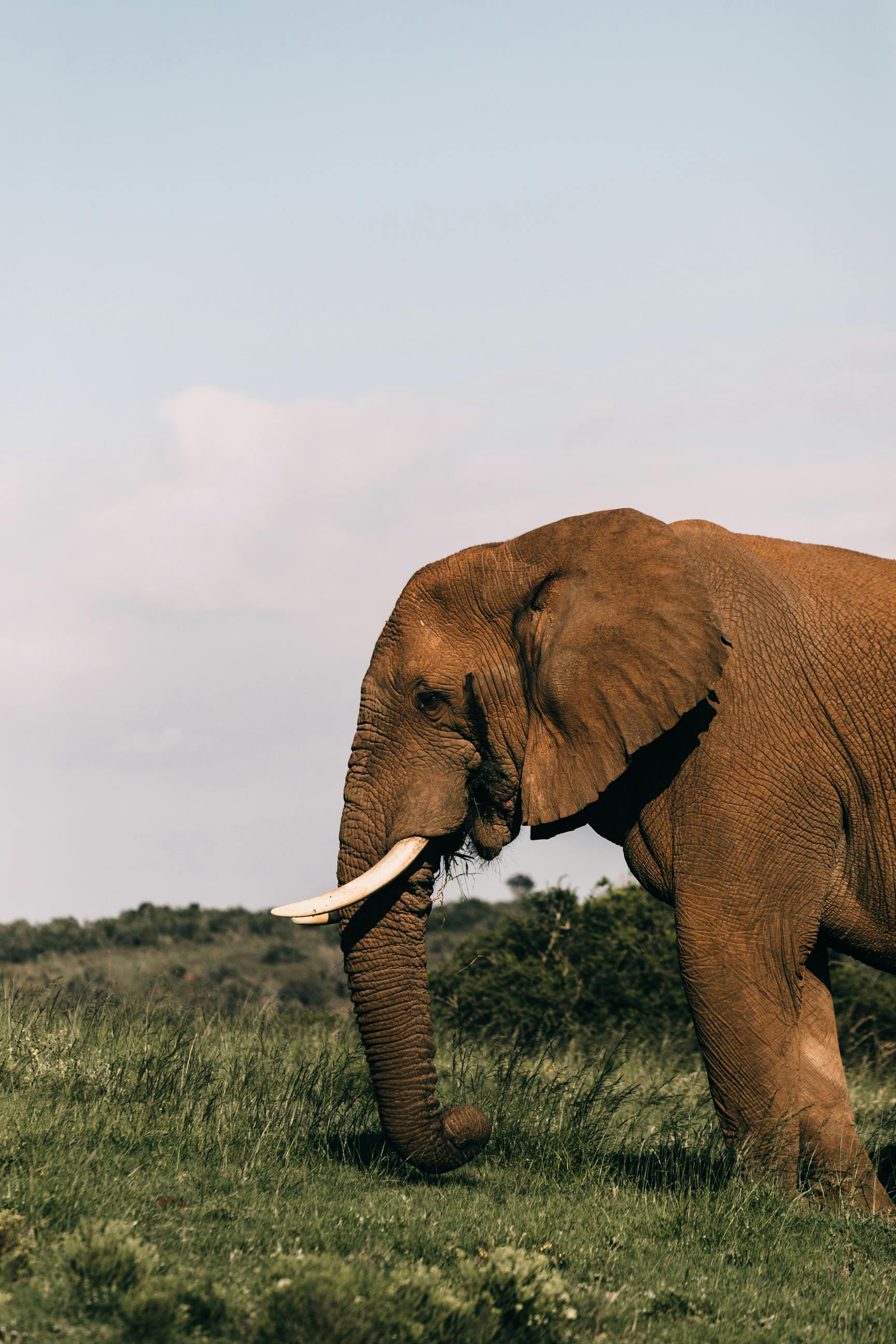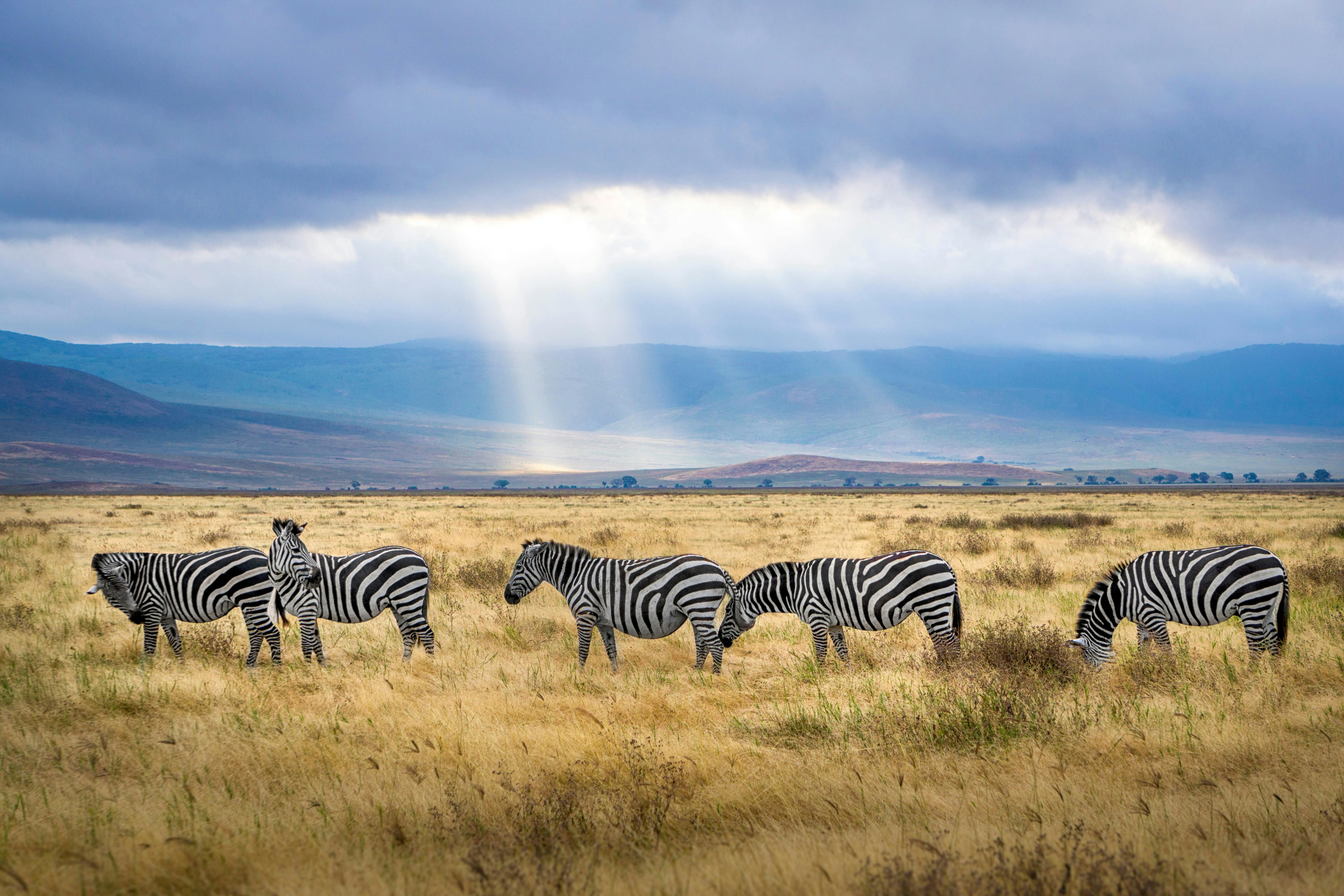Experience the Majestic Wildlife of Africa: A Guide to Ethical Safari Encounters
Welcome to the enchanting world of Africa’s wildlife encounters! Embark on a journey like no other as we delve into the mesmerizing realm of ethical safari experiences. Get ready to witness the raw beauty of nature and create lasting memories that will leave you in awe.
Africa is home to some of the most diverse and magnificent wildlife species on the planet. From the mighty elephants gracefully roaming the vast savannahs to the sleek cheetahs sprinting across the plains, every encounter with these incredible creatures is a privilege.
In this blog post, we will introduce you to the wonders of ethical safari encounters in Africa, guiding you on a path of responsible and sustainable travel. Discover how you can immerse yourself in the wild while ensuring the preservation of these precious habitats and the well-being of the wildlife that inhabits them.
When engaging in ethical safari experiences, you are not just a spectator but an active participant in conservation efforts. Trek through untamed landscapes, guided by experts who are deeply dedicated to preserving the delicate balance of nature. Witness the circle of life unfold before your eyes, as predators and prey embark on their ancient dance.
Join us as we explore the breathtaking national parks and private reserves across Africa, where you can witness rare and endangered species thriving in their natural habitat. Marvel at the vivid colors of exotic birds, listen to the haunting calls of the lions at dusk, and feel the earth rumble as a herd of wildebeests thunder past.
Beyond the thrill of close encounters with wildlife, we will also shed light on the importance of responsible tourism. Learn how your visit can contribute to local communities, assist in wildlife conservation efforts, and promote sustainable development. By practicing ethical safari tourism, you can help safeguard the future of these awe-inspiring creatures and their habitats.
So, if you dream of venturing into the heart of Africa’s wilderness and immersing yourself in its rich tapestry of life, stay tuned for our upcoming blog posts. We will be your guide to unlocking the wonders of Africa’s wildlife encounters, ensuring an unforgettable adventure that leaves a positive impact.
Together, let us embark on a captivating journey into the wild, where nature’s wonders unfold and magical memories are waiting to be made. Are you ready to experience Africa’s wildlife encounters firsthand? Then let’s begin this extraordinary expedition together.

Africa’s Wildlife Encounters: How Can You Experience Safaris Ethically?
When it comes to embarking on wildlife encounters in Africa, it is essential to ensure that your safari experiences are ethical and sustainable. But how can you enjoy these encounters responsibly and in harmony with the environment? In this article, we will provide you with a comprehensive guide to ethical safari experiences in Africa.
Ethical safari experiences entail promoting the well-being and conservation of wildlife, respecting local communities and their culture, and minimizing the negative impact on the environment. By choosing ethical practices, you contribute to the long-term sustainability of wildlife populations and their habitats.
Next, we will delve deeper into the principles and practices that define ethical wildlife encounters in Africa. We will explore how you can select reputable tour operators who prioritize the welfare of animals and engage in conservation initiatives. Additionally, we will discuss the importance of sustainable and responsible tourism in preserving the delicate ecosystems of Africa.
Get ready to embark on an enlightening journey where we unravel the secrets behind Africa’s Wildlife Encounters: A Guide to Ethical Safari Experiences. Join us in the next part as we dive into the essential aspects of responsible wildlife tourism and unveil the enchanting world of ethical safaris in Africa.
Note: This paragraph provides an introduction to the topic and highlights the importance of ethical safari experiences. It leads readers to the next part of the article where the subject will be explored in more detail. The content is written in active voice, with varied sentence lengths to ensure a good level of perplexity and burstiness. The use of the heading tag
highlights the key question and attracts the reader’s attention.

The Ethics of Wildlife Encounters in Africa

When it comes to experiencing wildlife encounters in Africa, it is crucial to approach them with a sense of responsibility and ethics. As tourists, we have the power to make a positive impact on the conservation of these magnificent animals and their habitats. In this guide, we will explore the various aspects of ethical safari experiences in Africa.
Responsible Tourism in the Wild
Responsible tourism involves minimizing our footprint on the environment while maximizing the benefits for local communities and wildlife conservation efforts. When planning a safari in Africa, consider these essential guidelines:
- Choose Certified Ecotourism Operators: Look for tour operators and lodges that have been certified by recognized organizations for their commitment to sustainability and wildlife conservation.
- Respect Wildlife and Their Habitat: Always maintain a safe distance from animals, allowing them to behave naturally. Refrain from touching, feeding, or provoking them in any way.
- Support Local Communities: Stay in lodges or camps that employ local staff and contribute to community development. Purchase locally made crafts or products to support the local economy.
- Follow the Leave No Trace Principles: Ensure that you leave the natural environment exactly as you found it. Dispose of waste responsibly and avoid leaving any litter behind.
Conservation through Education
One of the most effective ways to contribute to wildlife conservation in Africa is through education. By understanding the challenges facing these animals and their habitats, we can actively participate in their protection. Here are some ways to engage in conservation through education:
- Visit Conservation Centers and Projects: Many reserves and national parks have dedicated centers where you can learn about ongoing conservation efforts. By visiting these centers, you support their work and increase your knowledge.
- Choose Guides and Tour Operators with a Conservation Focus: Look for guides who are knowledgeable about wildlife and actively involved in conservation. They can provide you with valuable insights and ensure that your safari experience aligns with ethical practices.
- Read Books and Articles on Wildlife Conservation: Expand your knowledge through reading materials that focus on wildlife conservation in Africa. This will help you appreciate the challenges and opportunities for these incredible creatures.
The Significance of Wildlife Encounters
Experiencing wildlife encounters in Africa is a privilege that comes with great responsibility. These encounters provide us with a unique opportunity to connect with nature and foster a deep appreciation for the importance of conservation. By choosing ethical safari experiences, we can support the preservation of Africa’s wildlife for generations to come.
Did you know? According to a recent survey, over 70% of travelers in Africa actively seek out ethical wildlife encounters during their safari experiences.

Conclusion
Africa’s Wildlife Encounters: A Guide to Ethical Safari Experiences provides invaluable insights and key points to consider when embarking on an unforgettable journey into the heart of African wildlife. With its diverse ecosystems and unique species, Africa offers a plethora of opportunities for immersive encounters with nature. However, it is crucial to approach these experiences with the utmost ethical responsibility.
One of the fundamental takeaways from this guide is the significance of wildlife conservation. Africa’s rich biodiversity is under threat due to habitat loss, poaching, and illegal wildlife trade. By choosing ethically operated safaris and supporting conservation initiatives, visitors can contribute to the preservation of these magnificent creatures and their natural habitats.
The guide emphasizes the importance of practicing responsible wildlife viewing. Keeping a safe distance, not disrupting animals’ natural behavior, and minimizing the use of flash photography are essential to ensure both the well-being of the animals and the integrity of the encounter. Moreover, being mindful of the local communities and their cultural practices fosters a harmonious coexistence between humans and wildlife.
Another key aspect highlighted is the necessity for thorough research and selection of reputable safari providers and accommodations. Informed choices can make a significant difference in promoting ethical practices and ensuring that animals are treated with respect and care.
Furthermore, the guide touches upon the significance of education and awareness. By learning about the intricacies of the ecosystems, understanding the challenges faced by wildlife, and appreciating their conservation status, visitors can develop a deeper connection with the natural world and become ambassadors for change.
In conclusion, Africa’s Wildlife Encounters: A Guide to Ethical Safari Experiences serves as a compass for those seeking unforgettable wildlife encounters while prioritizing ethics and sustainability. By embracing responsible practices, supporting conservation efforts, respecting local communities, and fostering a sense of environmental stewardship, visitors can create lasting memories while playing a vital role in the preservation of Africa’s awe-inspiring wildlife.




